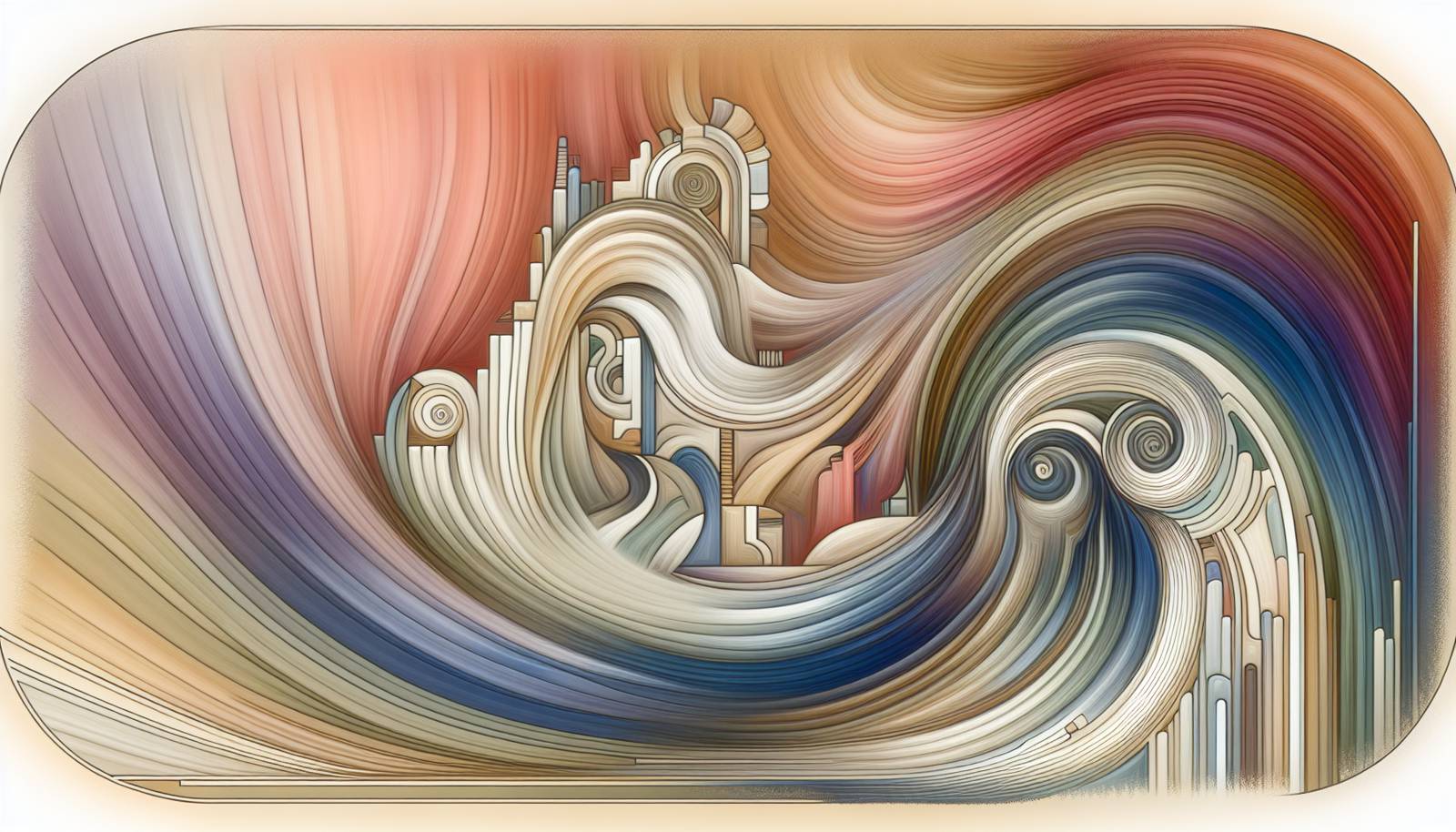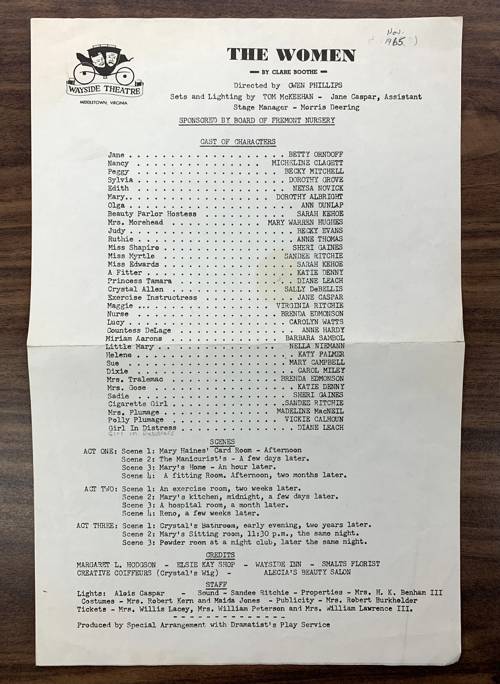
FAQ About The Evolution of Feminist Theatre

What is feminist theatre?
Feminist theatre is a genre of performance that seeks to challenge societal norms and highlight issues related to gender equality. It focuses on depicting women's lives, experiences, and challenges, often with the goal of sparking dialogue and inspiring change.

How did feminist theatre originate?
Feminist theatre originated in the late 1960s and early 1970s as part of the broader feminist movement. It arose from a need to represent women's voices and perspectives in the arts, which were predominantly male-dominated at the time. The genre sought to subvert traditional narratives and present more diverse and equitable stories.

What are some key themes in feminist theatre?
Key themes in feminist theatre include gender identity, power dynamics, body image, sexuality, and social justice. These plays often explore personal stories, political activism, and cultural critique to address the systemic inequalities faced by women.

Who are some notable figures in feminist theatre?
Notable figures in feminist theatre include playwrights such as Caryl Churchill, Eve Ensler, and Sarah Ruhl. These artists have helped shape the genre with their influential works that tackle various feminist issues and inspire audiences globally.

How does feminist theatre challenge gender norms?
Feminist theatre challenges gender norms by presenting narratives that defy traditional gender roles and expectations. It uses characters and stories that highlight the complexities and diversities of gender identity, thereby questioning societal definitions of femininity and masculinity.

Can you give examples of feminist plays?
Examples of feminist plays include "The Vagina Monologues" by Eve Ensler, "Top Girls" by Caryl Churchill, and "In the Next Room (or The Vibrator Play)" by Sarah Ruhl. These plays explore diverse aspects of women's issues, from sexuality to workplace struggles and historical inequities.

What impact has feminist theatre had on society?
Feminist theatre has had a profound impact on society by raising awareness about gender inequalities and encouraging dialogue about women's rights. It has influenced perceptions and policies related to gender and has been a powerful tool in advocating for social change.

How has feminist theatre evolved over the years?
Feminist theatre has evolved from focusing primarily on women's suffrage and workplace rights to encompassing a broader range of issues such as intersectionality and global feminism. It has expanded to include diverse voices and stories, reflecting changes in societal attitudes towards gender and justice.

Why is intersectionality important in feminist theatre?
Intersectionality is important in feminist theatre because it acknowledges that women's experiences with discrimination and privilege are affected by a variety of factors, including race, class, sexuality, and ability. By addressing these intersecting identities, feminist theatre can offer more inclusive and realistic portrayals.

What role do feminist theatre companies play?
Feminist theatre companies play a crucial role in producing and promoting works that highlight feminist issues. They provide platforms for new voices and offer spaces for critical discussion and engagement with gender politics, encouraging both artists and audiences to confront societal norms.

How do feminist theatre productions typically engage their audiences?
Feminist theatre productions often engage audiences through interactive elements, direct address, and by encouraging post-performance discussions. These methods aim to provoke thought, inspire change, and foster a sense of community among viewers.

What are some misconceptions about feminist theatre?
A common misconception is that feminist theatre is only for women or that it solely criticizes men. In reality, feminist theatre addresses gender issues broadly and advocates for equality. It seeks to engage all audiences in a conversation about sexism, privilege, and social justice.

How is feminist theatre represented in non-Western cultures?
In non-Western cultures, feminist theatre also serves as a platform for addressing local gender issues. It often incorporates traditional performance forms and storytelling methods to discuss topics such as domestic violence, education, and women's rights, tailored to specific cultural contexts.

What challenges does feminist theatre face today?
Feminist theatre faces challenges such as funding, censorship, and reaching a wider audience. It competes with mainstream productions for visibility and often tackles controversial subjects that can face backlash. Despite these hurdles, it continues to thrive through passionate creators and resilient communities.

How do feminist theatre artists collaborate?
Feminist theatre artists often collaborate across disciplines and geographies. They may work with other playwrights, directors, activists, and organizations to create inclusive works and foster environments where diverse perspectives and stories can be shared and amplified.

What is the role of audience feedback in feminist theatre?
Audience feedback is vital in feminist theatre as it helps creators understand the impact of their work and adjust content to be more effective. Post-show discussions and surveys often provide insights into audience reactions and encourage ongoing dialogue about gender issues.

How does feminist theatre address LGBTQ+ issues?
Feminist theatre frequently intersects with LGBTQ+ issues by exploring themes of identity, discrimination, and representation. Many productions incorporate stories from LGBTQ+ individuals to highlight their unique experiences and encourage broader conversations about equality and acceptance.

What's the difference between feminist theatre and traditional theatre?
Feminist theatre differs from traditional theatre in its focus on gender equality and social change. While traditional theatre can often reinforce existing societal norms, feminist theatre seeks to challenge and dismantle these norms through its narratives, character portrayals, and themes.

What future trends are anticipated in feminist theatre?
Future trends in feminist theatre may include increased digital performances, the inclusion of emerging feminist voices from diverse backgrounds, and greater integration of technology in storytelling. These developments aim to broaden the reach and impact of feminist narratives globally.

How can someone get involved in feminist theatre?
To get involved in feminist theatre, individuals can attend performances, participate in theatre workshops, or join feminist theatre companies. They can also support feminist theatre by advocating for gender equality in the arts and engaging in discussions about the representation of women's stories on stage.
